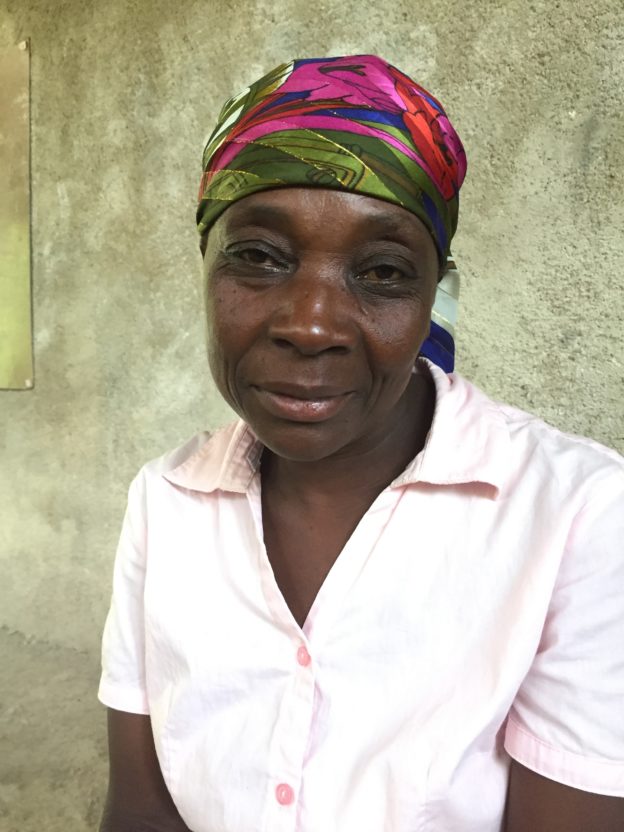Idalia continues to worry about her youngest son. He’s been in and out of the hospital, suffering with shortness of breath. It turns out to be connected with a condition that causes him to have too much blood, which makes it harder for his blood cells to get the oxygen they need. That’s at least how I understand it. The only solution so far has been for doctors to remove some his blood every few months.
This has, in fact, provided a small measure of relief, though only a temporary one. But neither Idalia nor her husband want her boy to continue the treatment. None of the explanations they’ve gotten from doctors has made sense to them. They see doctors taking blood from their boy without feeling as though he’s getting much better. And they just can’t imagine that it could be good for him to be losing so much blood. Her case manager, Titon, will need to continue talking with both Idalia and the boy’s father to figure out what to do next. He might need our nurse’s help as well.
Her next older boy has needed medical care as well. Titon helped Idalia get him to the hospital, after a doctor visiting a mobile clinic we organized for CLM members and their families told them they needed to take him. The boy has been scheduled for hernia surgery, but the operation won’t happen until December. It will be free of charge at the PIH University Hospital in Mirebalais, but the hospital’s capacity is limited, so operations that don’t seem urgent can end up getting put off for a long time.
Idalia now has three goats: One of the two that we gave her died, but she and her case manager bought her another. That new goat had a kid, and it’s pregnant again. She’s worried about the second of her original two, however, because it has been mounted by a buck a couple of times without getting pregnant. She needs to trade it for another, but hasn’t gotten around to doing so yet.
She gave the goat that died and her pig, which also died, to Michel, a member of the local committee, to sell, and she’s worried because it has been months and she still hasn’t seen any of the money. The situation is delicate for her, because Michel is the same one who gave her access to a small piece of land to build her new home on. She and her husband had no land in Gwo Labou. She’s afraid to make him angry. She’ll need her case manager’s help to follow through.
She’d like to send her youngest boy to school this year. The older ones are probably too old to start. But she doesn’t see the money yet. The bean harvest she had built her hopes upon was weak, and with only three goats, she doesn’t feel as though she can sell one yet. So, the kid may have to wait another year.
Meanwhile, she already has her eyes on the future. She is very unhappy where she lives. She feels as though her neighbors only want her ill. “As soon as they see that you’ve begun to make progress, they start to hate you.” She no longer wants to return to Jinpaye, however. That’s the community her family fled before they settled in Gwo Labou. It is, if anything, even more remote than Gwo Labou, a long hike away from Gwo Labou up into the mountains that separate Savanette, in the Central Plateau, from Cornillon to the south.
Her plan now is to try to rent a room in Mirebalais. She feels that she will have less hostility to confront there, but she’ll have to figure out a business that will enable her to earn a living. And moving will present challenges as far as maintaining her farming and her livestock. She and her husband may have to figure out how they will split their time and their work.
